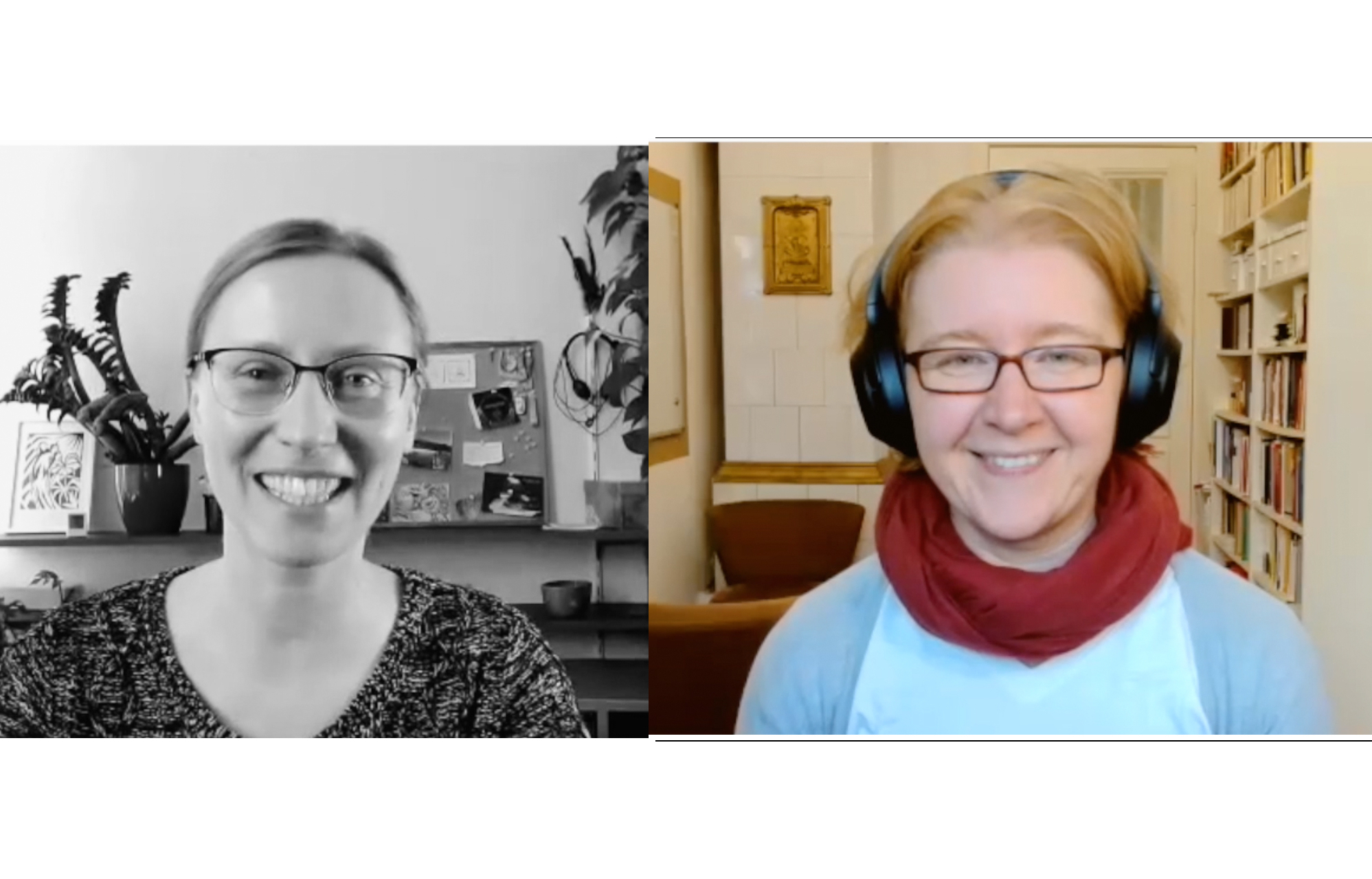
The last phase of PhD is a particularly demanding period: You need to finish your research work, write your thesis — and plan the next steps. Interestingly, there is one approach that will greatly help you with both finishing your thesis and figuring out your next career move.
At the end of the PhD studies we are often so busy with the thesis that we neglect — or even consciously avoid — thinking about what we will do afterwards.
Sure, it’s daunting and time-consuming to think about the future. But if you don’t know what to do next, how motivated can you be to finish your thesis? How eager to move into the unknown?
The good news is that you don’t need to struggle alone: You can team up with your (equally struggling) peers and harness the power of a truly magic practice: peer support.
If you follow this blog for a while, you know that I am a big proponent of using text feedback by peers to progress faster with your writing, staying on track with your writing goals through peer accountability and writing alongside others for a better motivation and focus.
So you can imagine how excited I was when I learned that my colleague Dr. Ulrike Schneeberg, an “academic monster coach”, also uses peer support as an integral part of her work.
To exchange ideas about our approaches to peer support, we conducted two interviews: Ulrike interviewed me about how peer structures can be used in scientific writing and I interviewed her about using peer support for figuring out your career path:
Ulrike’s content summary
Setting up a peer support structure can be one of the most valuable forms of support in transition phases such as the end of the PhD.
Good support structures for figuring out your career have one or more of the following characteristics:
- they have a clear purpose that is shared by all of its members
- they make use of your existing network
- they are made up of people who commit to supporting each other over a longer period of time
- they follow a simple structure
- the members of the support system respect the pre-defined time boundaries
One of the biggest benefits of peer support in a career transition is that you don’t have to go through that time alone. You can share your worries, joys, and grief with someone else who is going through a similar phase. With an “empathy buddy”, uncertainties, rejections, and overwhelm become much easier to manage.
Another benefit is that you can learn from each other’s successes and failures. Two people have more perspectives than just one person. Since finding a good fit for your working identity is such a complex endeavor, it really helps to broaden your horizon with other people’s insights and get inspiration from their different approaches.
A third benefit is that a peer structure increases accountability. We all know how hard it is to do things that feel uncomfortable – even if we know that they would make our success more likely. However, if we share our commitment to carry out a specific action with our partner or buddy, it makes it much more likely that we will do it.
One challenge can be to decide where you currently find yourself on a spectrum that ranges from 100% self-organization to 100% external facilitation. In other words, how much external support do you need to set up a structure that works for you?
One challenge can be to decide where you currently find yourself on a spectrum that ranges from 100% self-organization to 100% external organization. In other words, how much external support do you need to set up a structure that works for you?
Depending on your resources and priorities, initiating something like Martina’s and Ulrike’s self-organized success team can be just the right fit: Ulrike had the idea to build a group, initiated a first meeting, and ever since we all share the responsibility for arranging the meeting times and facilitating the meetings.
On the other end of that spectrum, you can join a coaching program that implements peer support as part of the whole process. One example is Ulrike’s deep coaching program CONNECT. She has developed it to hold and structure space for postdoctoral and doctoral researchers who want to explore their options outside of academia.
If you are considering leaving academia, have a look at Ulrike’s blog, her Guide to landing your target job, and her coaching program CONNECT.